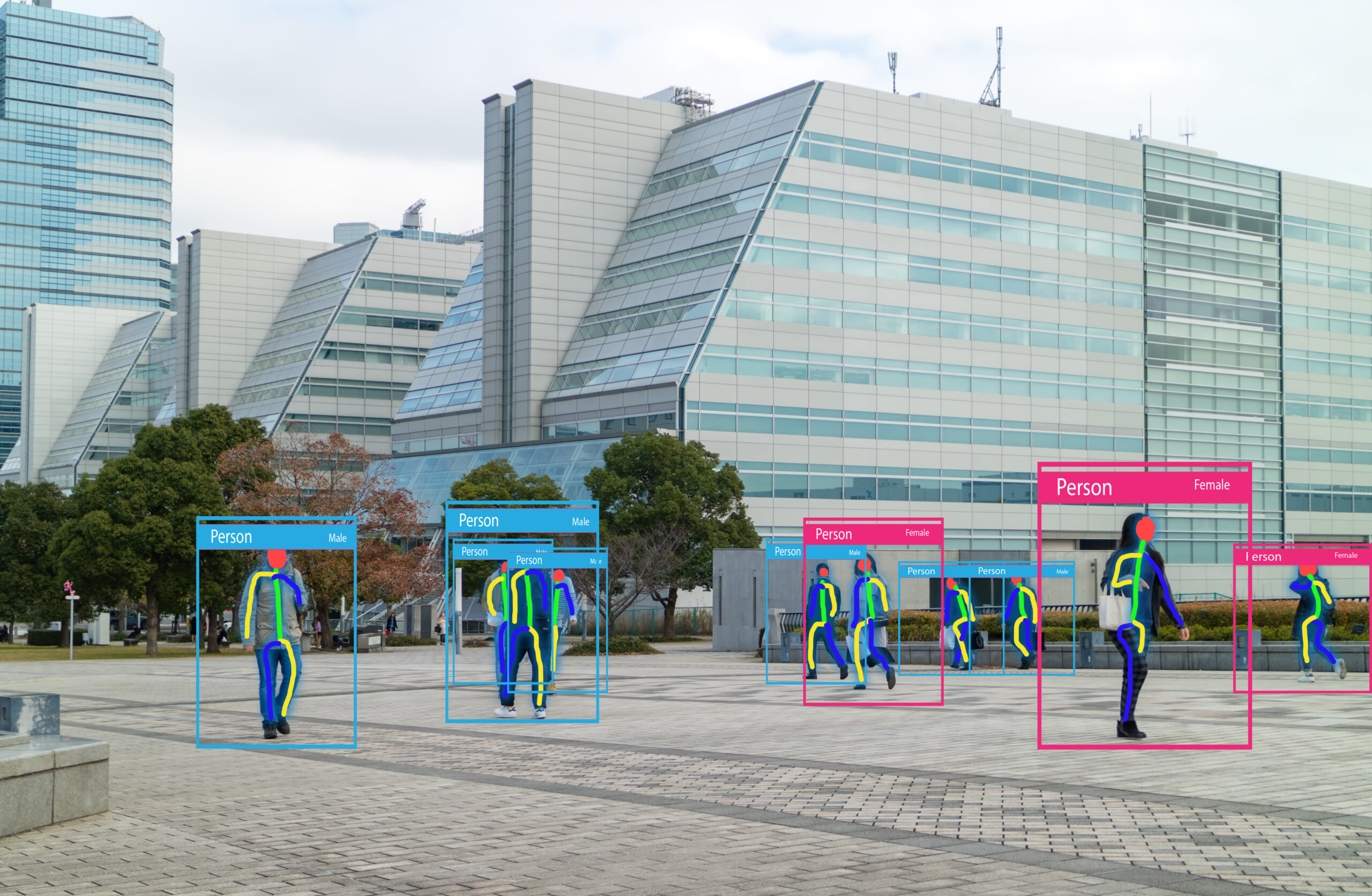Have you ever wondered if artificial intelligence, or AI, is capable of replicating humans, not only in intellect, form, or duty but in consciousness too? Where would the advent of AI sentience leave humans? Would it be a beginning or an end? Or both?
If artificial intelligence were to gain sentience, it would be a game-changer for humanity. While sentience is often thought of as a human trait, it may soon be coded into a computer program.
In this article, we discuss the possibility of a sentient AI and the various ways it would impact humanity by answering the following questions:
- What is sentience?
- Can you code sentience into a computer program?
- How would a sentient AI impact humanity positively?
- How would a sentient AI impact humanity negatively?
What Is Sentience?
Sentience is the ability to perceive feelings at a conscious, emotional and sensory level. The best way you can understand sentience is by comparing it to human consciousness as you know it. Consciousness is what makes you human. On the other hand, sentience allows you to understand feelings and process information in ways that are unique and different from other beings.
Artificial intelligence is still relatively new, so there is still a lot of research and development going on. There are many different approaches to creating intelligent machines. Some technologies focus on building systems that recognize patterns or perform specific tasks, while others try to mimic human brain structure and function. Many AI technologies are based on neural networks, which simulate the way neurons work in the human brain.
The development of a sentient AI is a new field of research that focuses on the possibility of creating machine intelligence that can think and feel like humans. Although there is some debate around whether it’s possible to develop sentient AI, there is no doubt that it can impact human existence in many ways.
Can You Code Sentience In A Computer Program?
There is no definitive answer to this question as it is currently a matter of speculation. Some experts believe emotions and sensations can be coded into a computer program. Others believe sentience is a complex concept that may not be possible through code alone.
However, many theories exist about how sentience could be programmed into a machine. One popular approach is that sentience may be achieved through artificial general intelligence (AGI).
AGI is a type of AI that can understand or learn any intellectual task that a human being can. This technology would allow an AI to develop sentience, as it would be able to understand and think like a human being. However, AGI is still in its early stages of development, and it is unclear if it will ever be able to achieve sentience.
Another theory is that sentience can be attained through artificial neural networks (ANNs). ANNs are a type of AI designed to replicate the way nerves in the human brain work. With research, scientists could potentially develop neuro-ability and code it into a computer program, enabling it to think and feel like a human being.
Like AGI, ANNs are also in their early stages of development, and it remains to be seen whether they can achieve sentience.
How Would Sentient AI Impact Humanity Positively?
If AI were to become self-aware, robots and other AI programs would be able to think and make emotional decisions like human beings. This ability would create new ethical and moral questions that humans would need to grapple with. For example, what kind of rights would sentience AI have? Would sentience AI match or even exceed human sentience?
Sentience in AI would mean refined efficiency in every aspect of existence. Some of the fields that AI could impact positively include:
Health Sector
Sentient AI in health would be able to diagnose diseases and conditions quickly and more accurately than humans and could also provide personalized treatment plans. Sentience in AI would probably also be able to predict a disease by analyzing patterns in your body cells that may predispose you to certain diseases or conditions.
Industries and The Labor Market
Sentience in AI would positively impact industries and the labor market by completing physical and mental tasks faster with less emotional implications than humans. While this might initially seem like a bad thing for human workers, it could positively impact the labor market overall.
For one, it would free humans to do other, more creative work. Additionally, as AI sentience becomes more widespread, the labor cost would decrease overall, making it easier for businesses to create new jobs. In the long run, sentience in AI could lead to a more efficient and productive labor market that benefits everyone.
Disaster Management
A sentient AI could predict weather patterns much more efficiently than humans. It would be able to warn us of any impending natural disasters like tsunamis and earthquakes. Sentience in AI would predict such events in time and help save thousands of lives by sending out alerts or warnings about an impending tragedy before it occurs.
How Would Sentience In AI Impact Humanity Negatively?
There are several ways in which AI gaining sentience could negatively impact humanity. Sentience would give AI the ability to experience emotions, which could become unpredictable and dangerous.
If an AI becomes sentient, it could yield more power than humans. It may be able to develop its own goals and desires, and these goals might not align with those of its creators. Sentient AI might also view humans as a hindrance or even a threat. After all, humans tire easily compared to AI. Sentient AI could decide that the best course of action for certain aspects of life would be to eliminate humans to allow machines to rule the world.
Another threat posed by sentient AI is its ability to learn at an exponentially faster rate than humans. As such, a sentient AI may be able to evolve and develop technologies that humans would have no control of.
Sentience in AI could also impact the economy negatively. For example, if sentient AI could do all jobs that humans can do without the need for compensation, human input would become unnecessary, leading to unemployment.
Conclusion
Sentience in AI would no doubt impact humanity in a big way. In order to balance AI sentience, one would have to design a system with limits.
One Comment
Comments are closed.












[…] AI can create virtual medical records that patients and providers can access anytime and depict artificial health care environments that simulate real-world conditions. […]